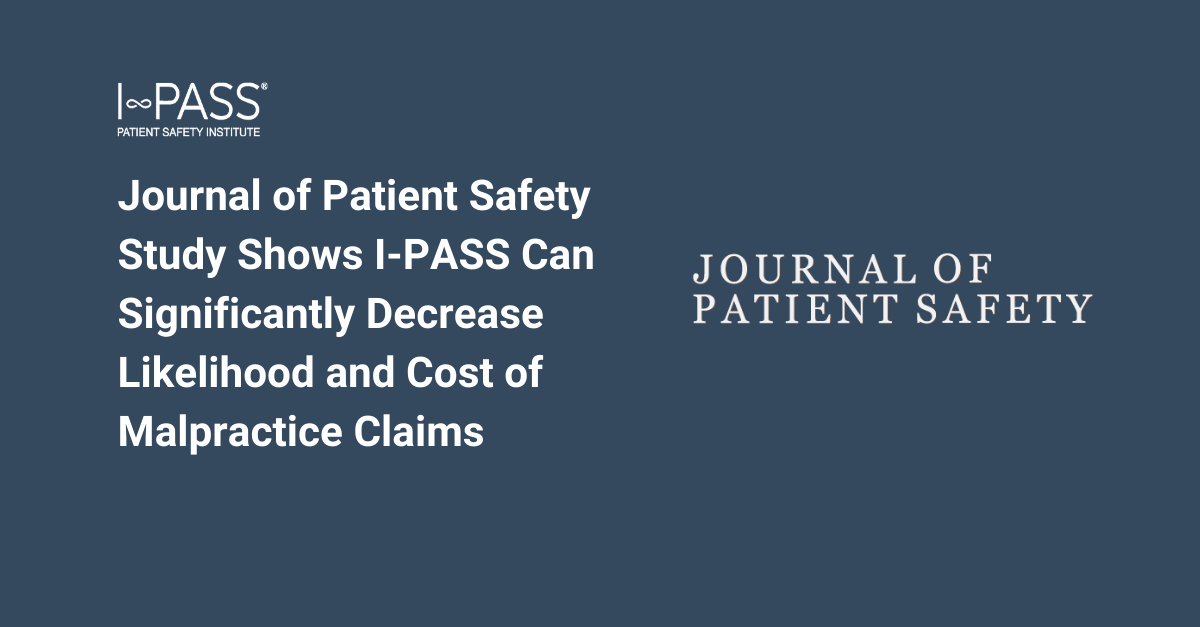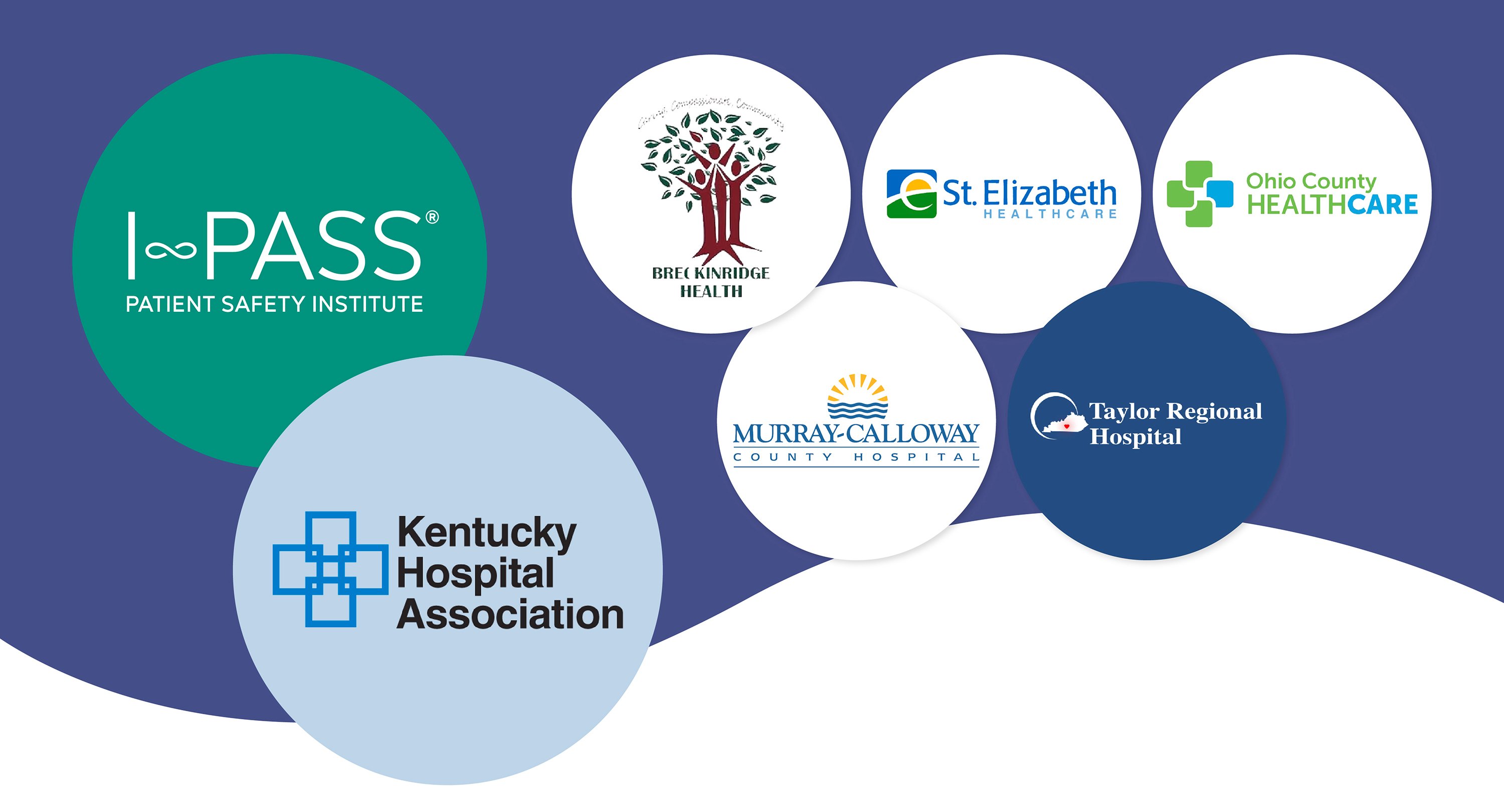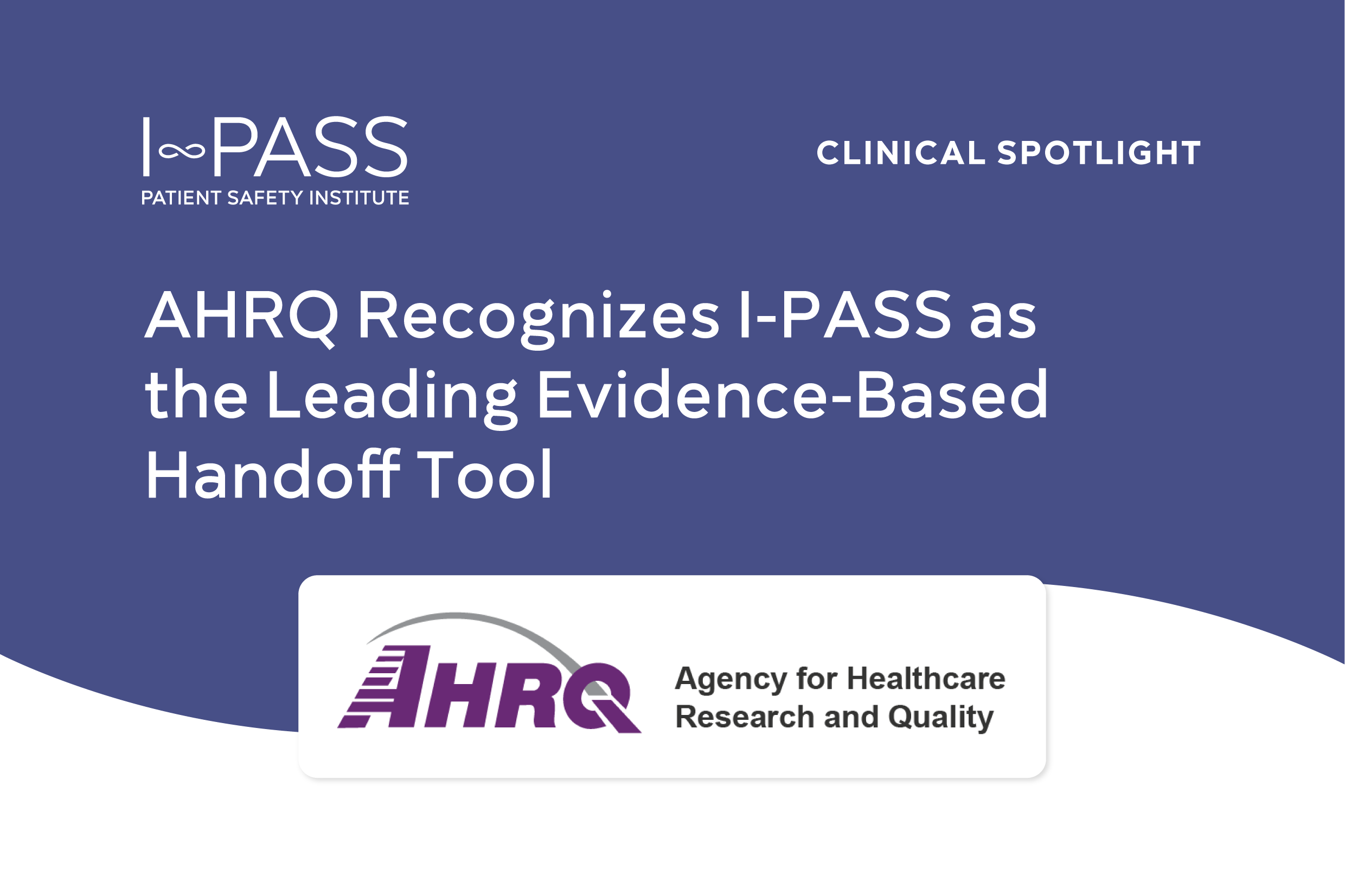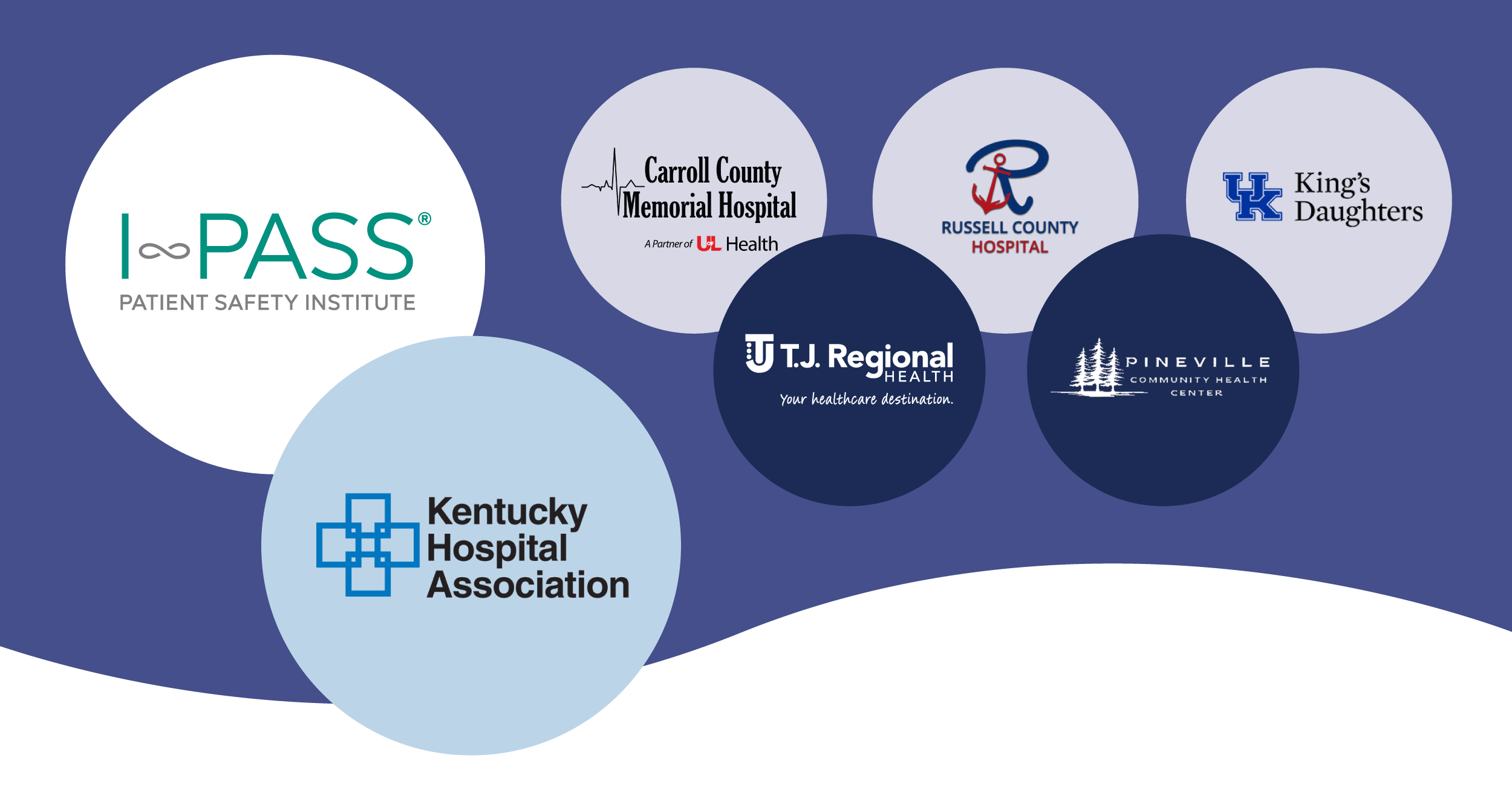Structured Handoff Programs Shown to Improve Patient Safety and Reduce Substantial Financial Burden on Healthcare System
BOSTON – January 4, 2022 – I-PASS, a clinical leader partnering with hundreds of hospitals and specialties as their go-to method for reducing patient harm, was recently featured in the “Frequency and Nature of Communication and Handoff Failures in Medical Malpractice Claims” study published in the Journal of Patient Safety. When investigating 498 medical malpractice claims, selected at random from Candello, CRICO’s national medical malpractice collaborative, the study found that approximately 40% of the cases that involved communication failures included a handoff of care, 77% of which were likely preventable with a handoff tool. Cases involving communication errors were also found to be more expensive to defend, with a cumulative total amount paid of $58.0 million, versus $39.1 million for cases that did not involve communication errors. The total cost for all cases in this data set were $97.1 million.
The purpose of the study sought to determine the proportion of medical malpractice claims involving communication failures, their costs, and the potential implementation of handoff tools to avert them. The findings of the study, published by four authors including Dr. Chris Landrigan, Co-Founder of the I-PASS Patient Safety Institute and Chief of General Pediatrics at Boston Children’s Hospital, emphasized the importance of implementing communication tools and strategies to mitigate the risk of patient injury as well as medical malpractice claims. For more than ten years, implementation of the I-PASS handoff program has been associated with significantly reduced miscommunications, medical errors, and injuries due to medical errors.
“Nearly half of the medical malpractice cases we reviewed involved a breakdown in communication at some point during the caregiving process,” Landrigan said. “The I-PASS handoff communication tools are designed to improve the many aspects of handoff communication that occurs between clinical teams, their patients, and their family members so that providers are empowered to deliver the best care possible. The capabilities and impact of our solutions speak for themselves when looking at the data.”
Previous studies have shown that communication failures are a leading cause of sentinel events, which are the most serious adverse events in hospitals. The delivery of care has multiple points where communication breakdowns often occur, but miscommunication is particularly common during handoffs of care. Failure to clearly communicate contingency plans, patient diagnosis, and severity of illness were found to be the most frequent sources for the malpractice claims reviewed in this study.
“By taking a closer look at provider-provider and provider-patient handoffs, we discovered that miscommunications played a more significant role in malpractice claims than we thought,” said Kate Humphrey, MD, MPH, Pediatric Hospitalist at Boston Children’s Hospital and Associate Medical Director of Patient Safety. “The majority of handoff failures can potentially be averted or eliminated with the use of a structured handoff tool like I-PASS. This kind of intervention has proven to considerably improve patient safety and has the potential to greatly reduce malpractice costs at hospitals.”
The Candello database contains more than 475,000 medical malpractice cases representing more than 200,000 clinicians and one-third of all malpractice cases in the United States. CRICO’s Malpractice Risks in Communication Failures: 2015 Annual Benchmarking Report evaluated 23,000 malpractice claims and found that 3 of every 10 cases include at least 1 specific breakdown in communication. This Journal of Patient Safety study reaffirmed the prior analysis by CRICO that provider-patient miscommunications are a major source of malpractice claims.
“By streamlining communication among clinicians, critical errors that impact patient safety and increase the likelihood of malpractice can be significantly reduced and prevented,” said Penny Greenberg, RN, MS, and Senior Program Director for Patient Safety Services for Candello, a Division of CRICO. “For many years, the industry has been seeking structured tools and solutions that address systemic risks, such as communication and culture, that continue to impede progress with patient safety. This study is another proof point that I-PASS is such a solution.”
To read the full study in the Journal of Patient Safety, click here.
Dr. Landrigan is co-founder and equity holder of I-PASS and serves on the Board of Directors and is a scientific advisor for the company. Dr. Landrigan receives compensation for the scientific advisor role. Boston Children’s Hospital is also an equity holder in I-PASS.
About I-PASS
The I-PASS Patient Safety Institute is a clinical leader in patient safety, enabling a standard of care for patient handoffs and closed-loop communication. Founded by clinicians in 2016, the I-PASS Institute leverages expert mentorship paired with technology and digital tools to scale the I-PASS methodology. The I-PASS Institute’s solution, the I-PASS Bundle, consists of three core technical components—I-PASS Training, I-PASS Assessment and Improvement, and I-PASS eVIEW. When all three platforms are used in unison and with the guidance of an expert coach, institutions are able to reduce patient harm caused by miscommunication. Currently implemented in more than 100 institutions, the organization’s clients span high-reliability organizations, from pediatrics and residency programs to nursing and transition of care with families. Learn more at www.ipassinstitute.com.
About Candello
Candello, a Division of CRICO (formerly CRICO Strategies and Comparative Benchmarking System (CBS), is committed to illuminating the path forward for health care executives and clinical leaders, shedding light on the what, where, how, and why of patient harm. By partnering with captive and commercial insurers across the country, including organizations associated with the Harvard medical community, Candello created a national medical malpractice collaborative for shared learning. Learn more at https://meet.candello.com/candello.





